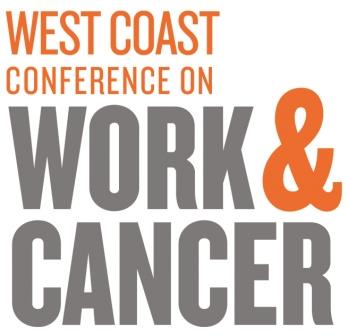How to Disclose an Invisible Disability at Work

Thanks to changes in workplace laws and policies, having a disability does not preclude one from having a successful and fulfilling career. However, with regard to disabilities in general, it’s important to consider not only the more physically obvious ones, but also those that are invisible. Many chronic illnesses that greatly impact an individual’s ability to complete tasks in the same manner and time-frame as someone who does not have to manage a disability are not detectable by the naked eye, which can make the decision of whether or not to disclose that disability even more weighty.
There are many fears surrounding disclosure of a disability at work. The fear of being thought of as incapable, the fear of shame, the fear of vulnerability, the fear that you might be viewed as a less valuable employee. While these feelings are certainly valid, by understanding one’s rights and options related to disclosure, the decision can feel slightly less intimidating.
Our friends at The Muse divided the disclosure decision into five steps. We’ve highlighted the ones we feel might be of particular interest to cancer patients and survivors grappling with similar situations.
- Decide whether you actually want to disclose. As stated in the Americans with Disabilities Act (ADA), “you can disclose, or not disclose, at any time.” This means that if you’re not entirely sure you’d like to share your health information upon accepting a job offer, or within the first few months of starting a new job, that’s totally fine and up to you. If and when you determine that you’d like to disclose, you may do so, but there is no obligation to share this information.
- Decide whom to tell. According to the law, you can choose to disclose only to HR if you prefer, as you are not legally bound to tell a boss or supervisor. As with the initial decision of whether or not to disclose, determining whom to share information with is an entirely personal decision and can depend on a number of factors, including your own communication style and your relationship with your supervisor/coworkers. While in some cases disclosing can provide necessary context (e.g., regarding schedule needs, quality of performance, etc.), in others it may be an unnecessary amount of information to share. Evaluating your personal feelings about your professional relationships can help you make the best choice for yourself.
- Ask for Reasonable Accommodations. Simple adjustments to one’s work environment, schedule or duties can alleviate many of the obstacles that stand between you and getting your work done. When approaching management about these needs, it’s a good idea to be prepared to explain the problems you’re facing and to come with potential solutions, so the employer doesn’t feel like they are fully responsible for figuring out what to do.
Above all, it’s important to remember that disclosure is a personal choice and not required — whether you’re in an existing job or looking for a new position. Recognizing the pros and cons of disclosure, knowing your rights under the law as someone with a disability, and remembering that having a disability does not mean you are undeserving of your job are all important factors to keep in mind as you make decisions regarding working during, or after, a cancer diagnosis.
Educating yourself on how the law can benefit you as a cancer patient or survivor is key, so make sure to read our article on “Your Legal Rights in the Workplace: Cancer and the ADA, FMLA, etc.”
Want to learn more about issues related to work and cancer? Join Cancer and Careers for their West Coast Conference this Saturday, October 26th. Learn more at: https://sharsheret.org/event/west-coast-conference-on-work-cancer/
